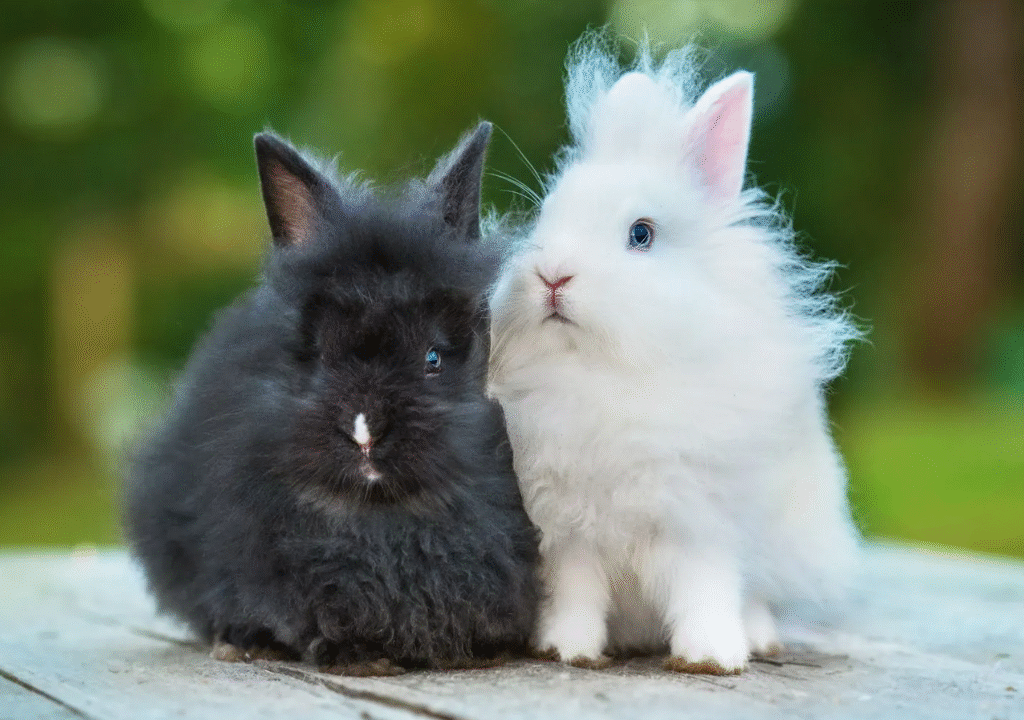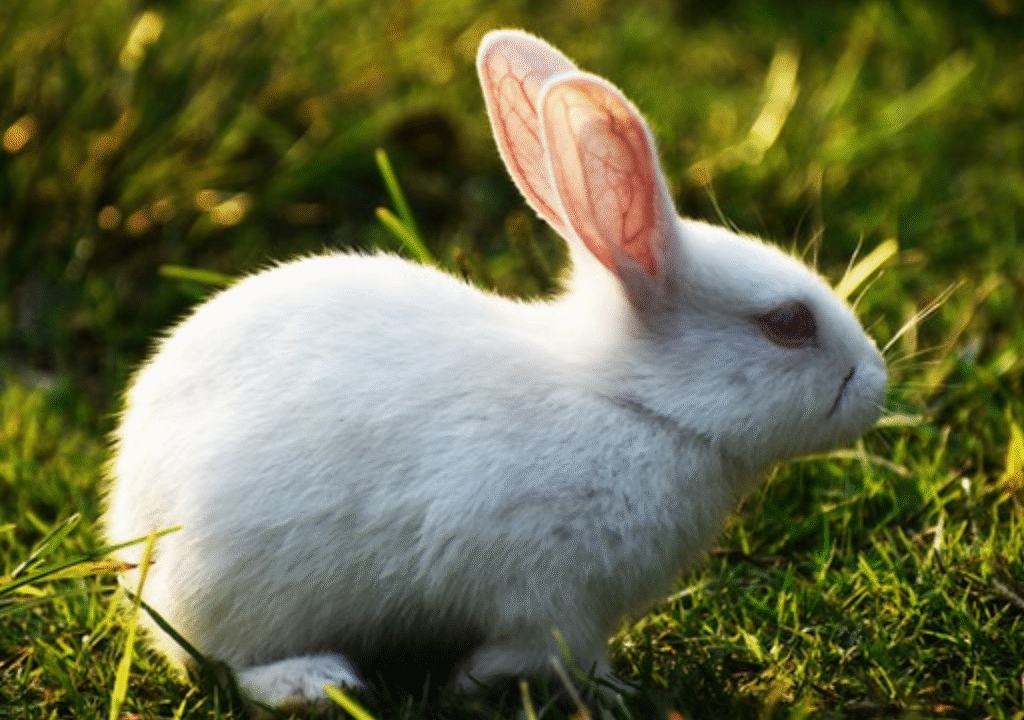
When it comes to soft, adorable, and cuddly pets, Angora Bunny Rabbits rank among the most beloved in the world. Known for their luxurious coats and calm temperament, these rabbits are more than just pretty fluff—they’re smart, friendly, and make wonderful companions.
In this blog, we’ll explore everything you need to know about Angora Bunny Rabbits: their origin, types, care tips, grooming needs, and whether they’re the right pet for you.
What Are Angora Bunny Rabbits?
Angora Bunny Rabbits, often simply called Angoras, are a special breed of domestic rabbits famous for their ultra-soft wool. Originating from Turkey, they’ve been bred for centuries primarily for their luxurious fur, which is often spun into yarn for high-end garments and textiles.
These rabbits are calm, friendly, and incredibly fluffy, making them popular both as pets and among fiber artists.
Types of Angora Bunny Rabbits
There are five main types of Angora Bunny Rabbits recognized by most rabbit breeder associations:
- English Angora
The fluffiest and smallest of the Angoras. Their faces and ears are also covered in wool. - French Angora
Easier to groom than English Angoras, with wool-free faces and legs. - German Angora
Known for high wool production and a denser coat. - Satin Angora
Their coat has a shiny, silky texture due to satin gene influence. - Giant Angora
The largest of all, bred primarily for wool production.
Each type has unique characteristics, but they all share one thing in common—their stunning coats and sweet nature.
Why Choose an Angora Bunny Rabbit as a Pet?
If you’re considering getting a pet rabbit, here are some reasons why Angora Bunny Rabbits might be the perfect choice:
- Incredibly Soft Fur – They’re like living plush toys.
- Quiet Companions – Ideal for apartment living.
- Great with Families – Calm and gentle nature.
- Unique Appearance – Their wooly look turns heads.
- Good for Kids (with supervision) – Teaches responsibility.
Caring for Angora Bunny Rabbits
While Angora Bunny Rabbits are delightful, they do come with responsibilities. Here’s what you need to know:
1. Housing
These rabbits need space to hop around. A spacious indoor rabbit hutch or a large playpen works best. Outdoor housing should be safe from predators and weather.
2. Diet
Feed them high-quality hay (like Timothy or orchard grass), fresh veggies, and rabbit pellets. Fresh water should be available at all times.
Tip: Wool block is a risk due to their constant grooming. Regular hay helps keep their digestive system clean and moving.
3. Exercise
Give them daily playtime outside the cage. Let them run, explore, and burn energy in a bunny-proofed area.
4. Health Checks
Watch for:
- Overgrown teeth
- Wool block (digestive issues)
- Fur mites or skin infections
Regular vet visits are crucial.
Grooming Needs of Angora Bunny Rabbits
This is where Angoras need special attention. Their wool can easily mat and tangle.
- Brush 2–3 times per week (Daily for English Angoras)
- Trim wool every 3 months (or more, depending on growth)
- Use a slicker brush, metal comb, and grooming scissors
- Never bathe them—use dry shampoo for rabbits if needed
Grooming is also a bonding time, and your rabbit will begin to enjoy the process if introduced gently.
Do Angora Bunny Rabbits Shed?
Yes, but unlike short-haired rabbits, Angora Bunny Rabbits shed wool in a way that requires careful grooming. Some breeds, like the German Angora, don’t shed naturally and must be hand-plucked or trimmed.
Are Angora Bunny Rabbits Hypoallergenic?
No. In fact, due to the fine particles in their wool and dander, they may trigger allergies more than other breeds. If you’re prone to allergies, consider spending time with an Angora rabbit before committing.
How Long Do Angora Bunny Rabbits Live?
With proper care, Angora Bunny Rabbits live around 7–12 years. Factors like diet, grooming, and regular vet visits can help extend their lifespan.
Where to Get an Angora Bunny Rabbit?
You can adopt from:
- Rabbit rescues or shelters
- Reputable breeders (preferably ARBA-registered)
- Rabbit shows or fiber festivals
Always ask about their grooming history, health, and behavior before adopting.
For more information on adopting Angoras responsibly, you can also visit the House Rabbit Society — a non-profit dedicated to rabbit welfare.
Is an Angora Bunny Rabbit Right for You?
If you’re someone who:
- Has time for regular grooming
- Loves soft, affectionate pets
- Can commit to long-term care
- Doesn’t mind a little fluff flying around
…then Angora Bunny Rabbits might be your perfect companion.
But if you want a low-maintenance rabbit, you may want to explore short-haired breeds instead.
Final Thoughts
Angora Bunny Rabbits are undeniably charming. Their fluffy appearance and calm demeanor make them a favorite among pet lovers and fiber enthusiasts alike. However, they require commitment—especially when it comes to grooming and care.
If you’re ready for the fluffy challenge, these rabbits can bring years of joy, love, and wooly fun to your life.
For more tips on caring for exotic and adorable pets like Angora Bunny Rabbits, visit MyPetVista – your go-to guide for everything pet-related.
